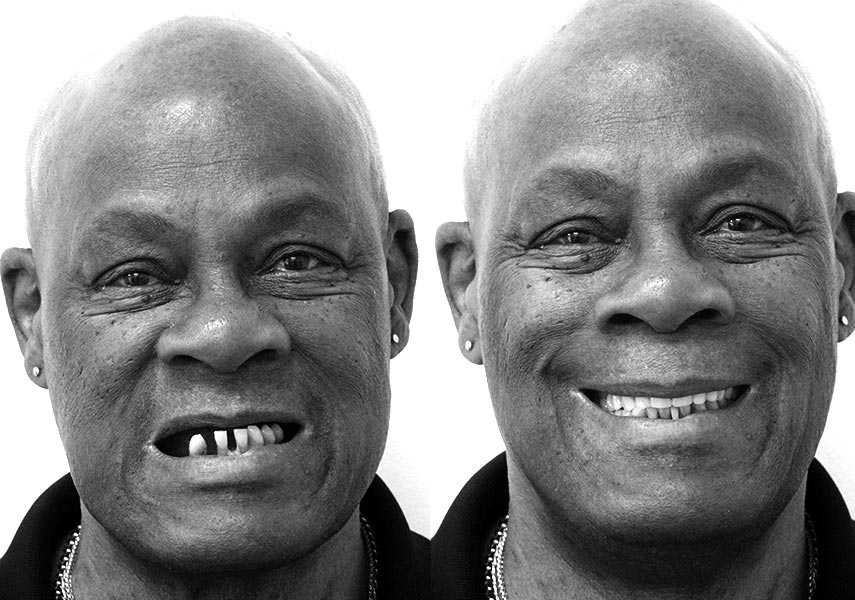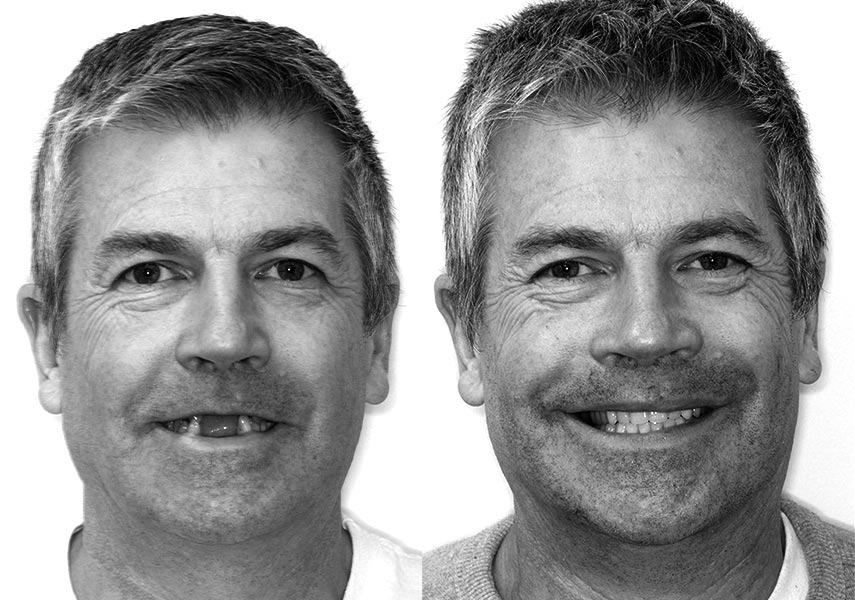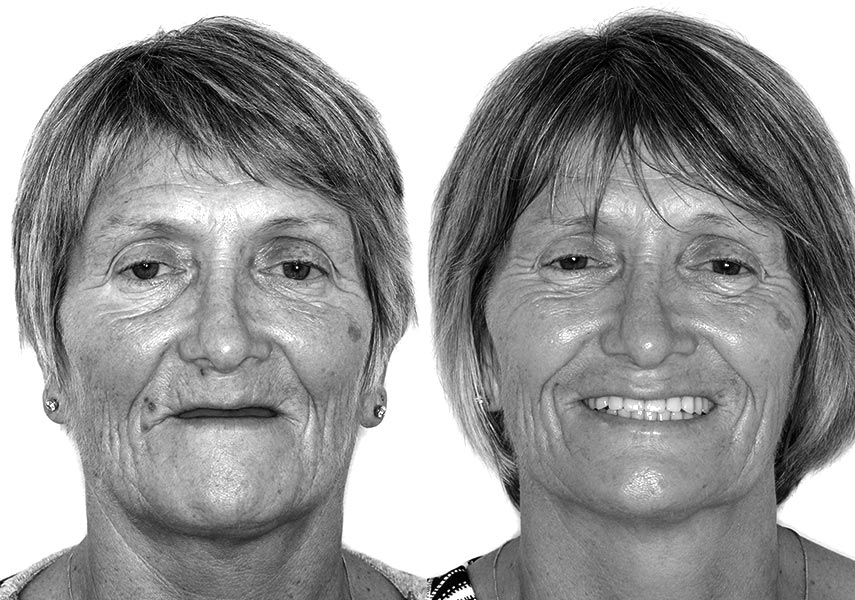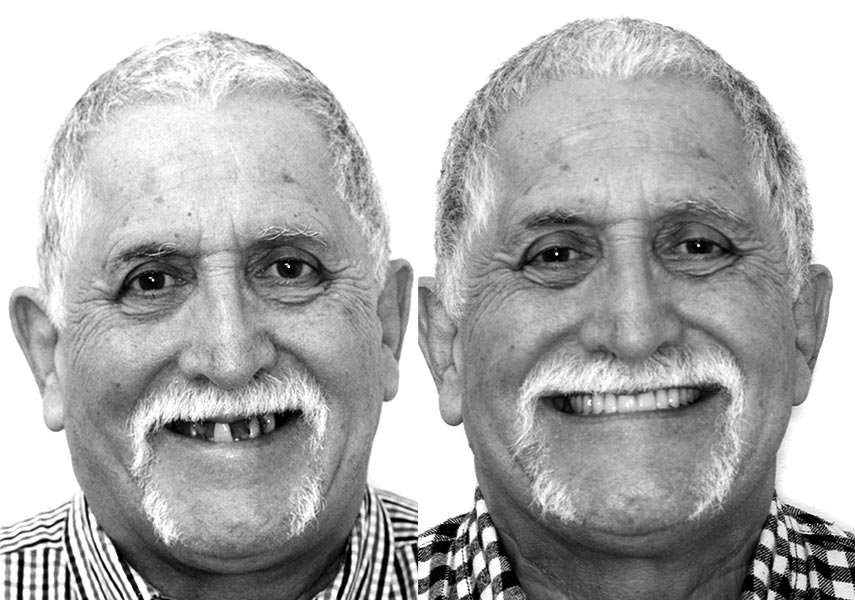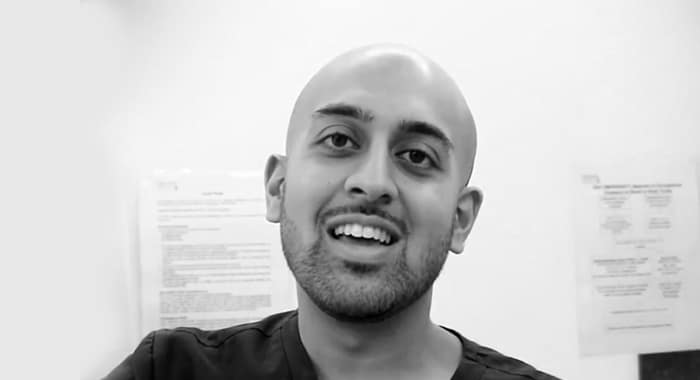Billericay
Dental Implants Billericay Essex
Replacing your missing front teeth gives you a complete new smile with new found confidence

Missing Teeth?
A Permanent solution
At DentalKind, we have an in-house specialist Dr Sunil, who is responsible for dental implant treatments in Essex. We can confidently and predictably provide dental implant solutions from simple single tooth replacement to full arch/mouth rehabilitations, and are one of the leading providers of teeth implants in Essex.
We have a strict policy to only use the best materials and equipment available to achieve the outcome. In a field like implant dentistry, there are many different variables/costs and you can rest assured that we use well-researched and studied products and use some of the best dental technicians in Essex to produce our restorations.
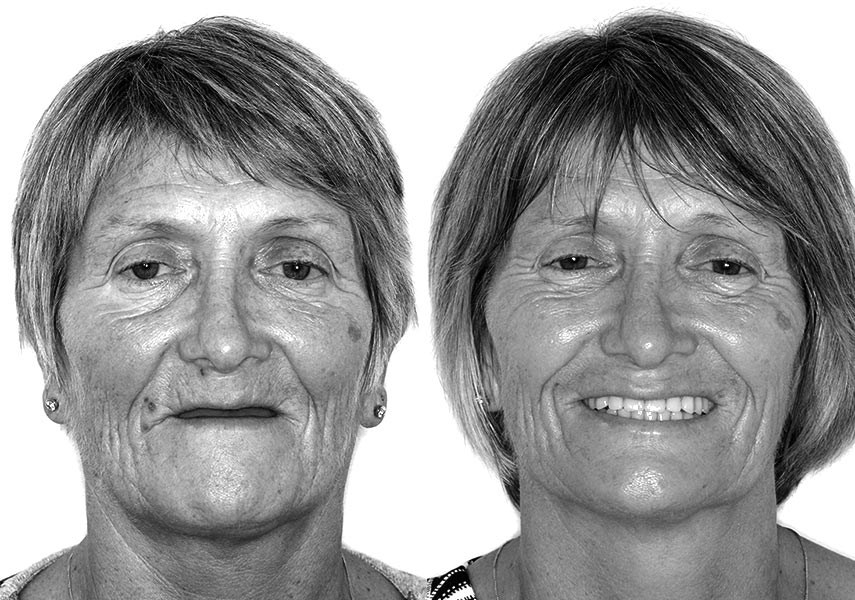
Dental implants are able to replace one or more teeth without needing other teeth to be drilled or compromised. They can be used to provide a fixed solution or can greatly help secure a removable denture for increased comfort and confidence.
For more information about dental implants treatment in Essex, please contact a member of our team and arrange a free consultation with one of our dentists.
Call us on 01277 575 147 or email us at info@dentalkind.com.
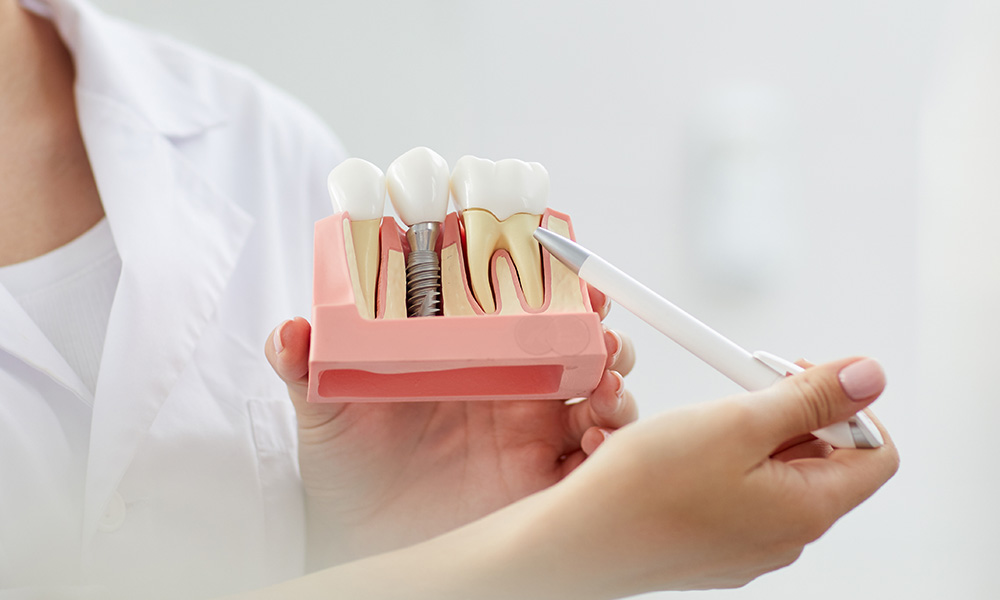
The Benefits of
Dental Implants
- Give you natural looking teeth.
- Eat your favourite foods.
- Retain your natural face shape, and smile.
- Keep your teeth in your mouth – not in a cup.
- Speak easy.
- Protect healthy bone.
- Enjoy life without worrying about your teeth!
- And we guarantee to put smile on your face

Book your free consultation for Dental Implants
What is a Dental Implant?
A dental implant is an artificial replacement for a tooth root made of titanium. They are highly successful and reliable.
The teeth implants integrate with the bone and create a stable platform for a crown, bridge or denture. The restoration is usually fitted onto the implant by an internal screw.
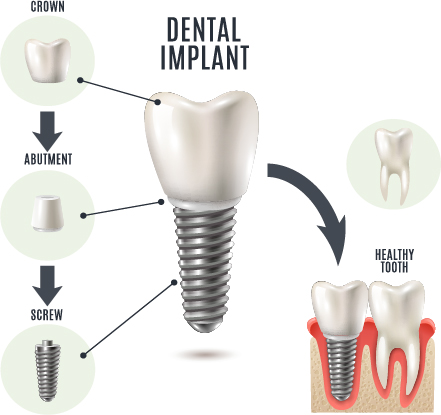
Am I a suitable patient?
Dental implants are suitable for patients with good general health. They can only be placed once the jawbone had stopped growing (i.e. the mid-late twenties and older). Excessive alcohol use and smoking are associated with higher failure rates. Also, poorly controlled diabetes, bone disorders and gum disease can affect success rates/suitability. We will discuss all concerns with you and only undertake treatment if a good outcome is expected. Prior to dental implant treatment, the mouth needs to be stable and free of any dental disease.
Planning dental implant treatment
A full examination is required with x-rays and possibly models of your teeth/jaws. We may suggest a detailed CT scan to accurately determine the quantity and quality of bone, as well as proximity to vital structures such as nerves, blood vessels and sinuses. Using the preliminary records we can determine the best position for the implant and plan accordingly. We will provide a full written treatment plan outlining all alternative options and risks/benefits of treatment. Fees will be explained along with a plan of when payments are due.
How long does treatment take?
Duration of treatment differs between cases and can be between 6 weeks to 6 months. Ideally implant treatment in Essex is recommended within 3-4 months after removal of a tooth being replaced.
How long do dental implants last?
After successful integration the success is dependent on day-to-day maintenance. We recommend diligent cleaning with twice daily brushing, antibacterial mouthwash and interdental cleaning. Regular hygienist visits will also prevent any inflammation around the implants.
If poorly maintained dental implants can suffer from a disease similar to gum disease that is very difficult to manage.
Dental implants can last as long as a natural tooth if well looked after. The restorations on top of implants (crowns/bridges/dentures) may require reparative work over time.
The stages of dental implant treatment
- Assessment and planning -exam, x-rays, models, CT scan, wax-up of intended restoration, radiographic stent
- Implant placement – simple surgical procedure, under local anaesthetic however can opt for sedation, grafting may be required
- Integration – period of waiting 6 weeks to 6 months, may need a provisional bridge/denture during this period
- Restorative phase – impressions are taken and the final crown/bridge/denture made
- Maintenance – oral hygiene instruction, routine hygienist visits and regular check-ups
How much does the treatment cost
| from £100 | |
| from £1200 | |
| from £1000 | |
| All-on-4 (Same day teeth on 4 implants) | from £15,000 |
| from £500 | |
| from £750 |

Interest-free finance
Spread the cost of your new smile
FAQ's about Dental Implants Billericay
How do I maintain my dental implants?
What if the implant does not work?
What if I do not have enough bone?
How many teeth can be supported by dental implants?
Do I have enough bone?
What structures need to be avoided during implant placement?
Can dental implants be placed next to teeth, or can they be linked together?
Is dental implant treatment uncomfortable and do I need to be sedated?
Why patient's love DentalKind
Before & after treatment

Ready to take the next step?
Book your free consultation online or call our friendly team today.
